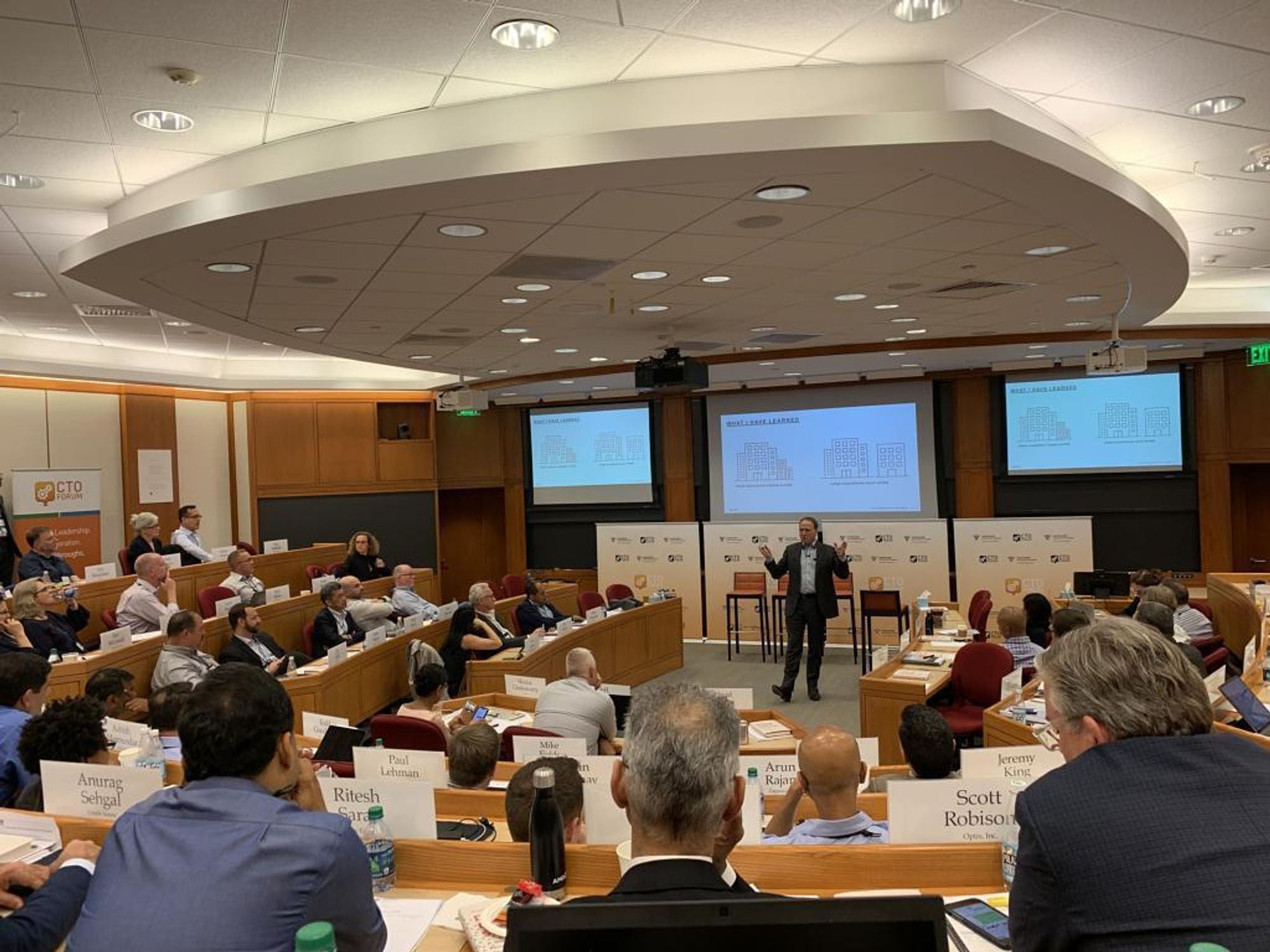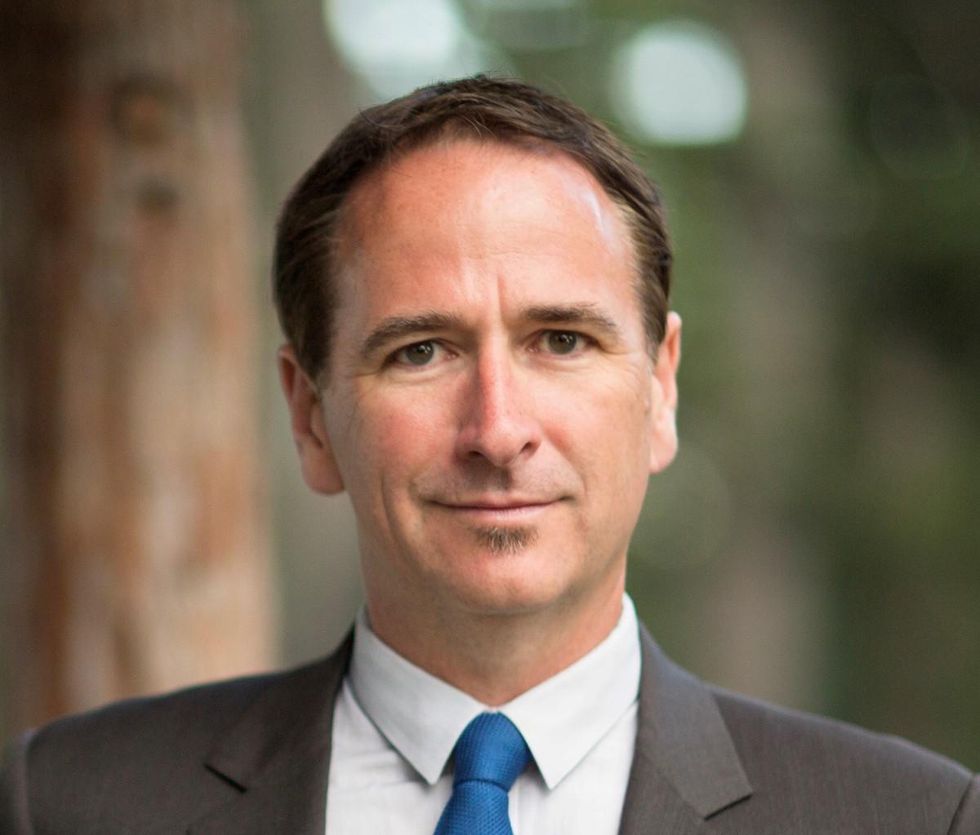LA-Based Fraud Prevention Service TeleSign Will Go Public Via SPAC

TeleSign, a digital identity verification and fraud prevention company used by companies like TikTok and GoFundMe, plans to go public through a merger with a blank-check firm at an enterprise value of $1.3 billion.
The deal with North Atlantic Acquisition Corp. will raise proceeds of $487 million, including a $107.5 million investment by private investors, and is expected to spark a hiring frenzy, the Marina del Rey-based company announced on Thursday.
Companies as wide ranging as Alibaba and IBM use their software to complete internet transactions. The move aims to catapult TeleSign into the field of major players in the space alongside rivals like Cupertino-based Reston, Va.-based Neustar Inc.; Swiss-based Mitto AG and San Francisco-based cloud platform firm Twilio Inc.
The company is part of a merger mania wave in Los Angeles this year of startups that have joined blank check firms — technically known as special-purpose acquisition companies, or SPACs.
But regulatory concerns raised over how equity bought by private investors was treated on the books, has taken the steam out of the market.

TeleSign’s chief executive Joe Burton
TeleSign looks to nearly triple annual revenue over the next four years and compete aggressively for domestic and international business.
“We do expect a substantial headcount gain in Marina del Rey and other locations around the world,” said TeleSign Chief Executive Joe Burton, in an interview. “The market for digital identity and customer engagement is exploding right now.”
TeleSign, which currently employs just under 500, expects to generate revenue of $391 million in 2021 and increase it to nearly $1.1 billion in 2026, Burton said.
“We did this to fuel that growth,” said Burton of its plans to go public.
The transaction is expected to close in the second quarter of 2022, with the company being renamed TeleSign Inc. as it is spun off into an independent business from parent Proximus Group, a Belgium telecom giant.
Proximus bought TeleSign in 2017, and will control a 66.5% stake in the company after TeleSign completes its merger with North Atlantic Acquisition, Burton explained.
“Of course, their plans to either keep or sell that will be their own business over time,” he said of Proximus’ stock position.
Prior to the Proximus acquisition, the 16-year-old company had raised about $78.4 million in venture funding from major investors like San Francisco-based Telstra Ventures; Boston-based Summit Partners; Santa Monica-based March Capital and Chicago-based Adams Street Partners.
TeleSign wants to take advantage of the fast-moving shift to consumer online transactions by becoming a publicly traded company. It’s why it has pursued the SPAC route, rather than the traditional initial public offering, or IPO, which can take more than a year (and can be more costly), Burton said.
The estimated total addressable market that Telesign competes in is expected to nearly triple from its 2019 level of $19 billion, to $55 billion by 2024.
“We live in the digital identity and customer engagement market, and it seems to have quite a lot of M&A activity. Our growth plan that we’ve laid out is organic – meaning we think we can compete with and grow at this rate without acquisitions,” Burton said.
“However, if we find something that could accelerate our plan, we are not scared to do so,” said the chief executive about future possibilities of making a bolt-on acquisition.”
- How to Practice Cybersecurity at Home - dot.LA ›
- TikTok Under Scrutiny From Child Privacy Advocates - dot.LA ›




 Image Source: Skyryse
Image Source: Skyryse
 Image Source: Northwood Space
Image Source: Northwood Space